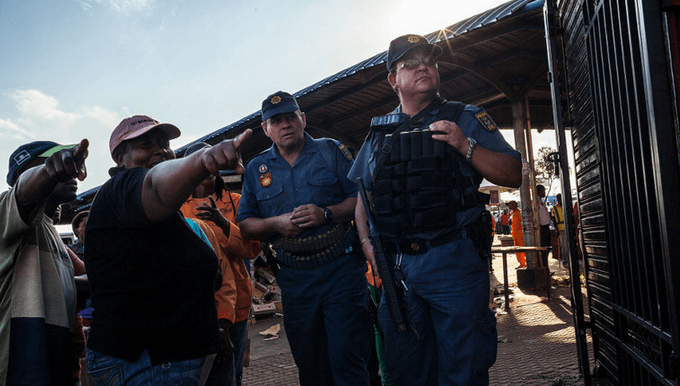Foreign shop owners have been accused of selling fake food in South Africa. The food is also way past its sell-by date. This has resulted in South Africans targeting the shop owners in xenophobic attacks. However, there is not much data about what is referred to as fake food. This only means that the issue is mainly politically charged and not dominated by evidence.
Is Fake Food a Problem in South Africa?
Food counterfeiting is present in both the formal and informal sectors of the food industry, and it is increasing daily. If South Africans are thinking about problems of health in regards to fake food, then we should note listeriosis. This was the largest foodborne disease crisis S.A. has had. The disease was traced back to food produced by a large company, considered non-counterfeit.
Is The Sale Of Expired Food A Problem In South Africa?
In S.A., all perishable foods have an expiration date. Foods cannot be sold or donated after reaching that date. Non-perishable foods also have best before dates. These dates are usually for quality, and not safe as per consumer assumptions. Foods can be legally sold after these dates. These foods are most preferred because they are sold at discounted prices.
Danger only comes when these dates are tampered with and illegally sold to consumers. Different kinds of food counterfeiting have different potential health outcomes. Some expired foods out there can actually cause serious illness and sometimes even death. However, expiration dates on most food products are generally conservative to protect companies from liability. Most foods are still safe after the expiration date.
Non-perishable foods that are outside of their best before dates have far less risk. Counterfeits pose a threat to companies that make legitimate food, from a business point of view.
What can be done?
The solution to these problems isn’t confiscating the foods from foreign shopkeeper, criminalising them or closing their shops. The first step is gathering better data concerning the extent of the sale of counterfeit foods. This includes assessing the relative health risks and recognising the diversity of kinds of counterfeiting.
We should also understand how counterfeit goods appear on the market and also address the root causes. S.A. may need to commit greater transparency at border control. Environmental health officers in municipalities also need further training on food testing.
Lastly, S.A. must address food insecurity and poverty. These two are the main drivers of high demand for cheap foods.













